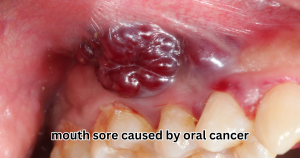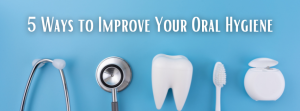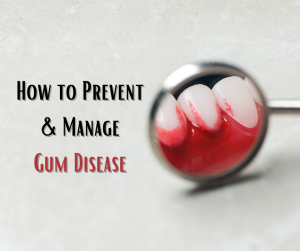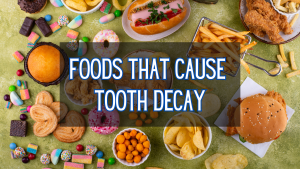In the realm of dental procedures, few evoke as much emotion as the root canal, the dental procedure that sounds scarier than it actually is. We get it; the mere mention of it might send shivers down your spine, but trust us, understanding the ins and outs of root canals can ease a lot of that anxiety. Today, we’re diving deep into the FAQs surrounding root canals, answering questions like: “How do I know I need a root canal?”, “Do I need a root canal for a crown?”, “Do I need a crown after a root canal?”, “Do I need a root canal after a crown?”, and of course, the big one, “Do I need a root canal at all?” First things first, let’s break down how to identify the signs of a root canal.
Signs of Needing a Root Canal
Some common signs of needing a root canal include persistent tooth pain, especially when biting or chewing, sensitivity to hot or cold temperatures that lingers even after the stimuli is removed, swelling or
tenderness in the gums around the affected tooth, and the presence of a recurring pimple-like bump on the gums, also known as an abscess. If you experience any of these symptoms, it’s essential to schedule a dental evaluation as soon as possible. Early detection and treatment can often spare you from more extensive dental procedures and save your tooth.
Do I Need a Root Canal for a Crown?
A common misconception is that every tooth requiring a crown needs a root canal. This isn’t always the case. Crowns are often used to restore teeth that are heavily damaged or weakened, such as those with large cavities or fractures. If the tooth’s pulp is still healthy and intact, a crown can be placed without the need for a root canal.
Do I Need a Crown After a Root Canal?
After a root canal, the tooth may become more brittle over time, making it susceptible to fractures.
Therefore, in most cases, a crown is recommended to provide additional support and protect the tooth from further damage. The crown restores the tooth’s strength, functionality, and appearance, ensuring its longevity.
Do I Need a Root Canal After a Crown?
Occasionally, despite having a crown placed, the tooth may develop complications such as recurrent decay or infection in the root canal system. In such instances, a root canal may be necessary to address the underlying issue and salvage the tooth. Your dentist will assess the situation and recommend the appropriate course of action.
Seeking Professional Guidance
Determining whether you need a root canal involves a thorough evaluation by a qualified dentist. They’ll consider various factors such as the extent of decay or damage, the presence of infection, and the overall health of the tooth. X-rays and other diagnostic tools may be utilized to aid in the assessment.
If you’re experiencing dental discomfort or have concerns about the health of your teeth, it’s crucial to seek prompt dental care. Ignoring potential issues can lead to further complications and may require more extensive treatment in the future. A dental professional, like Modern Family Dentistry, can provide personalized guidance based on your unique circumstances and recommend the most appropriate course of action.
If you think you may need a root canal or an oral evaluation, you can schedule an appointment online at our North Charleston dentist or our Hanahan dentist. Your smile deserves the best care possible.










